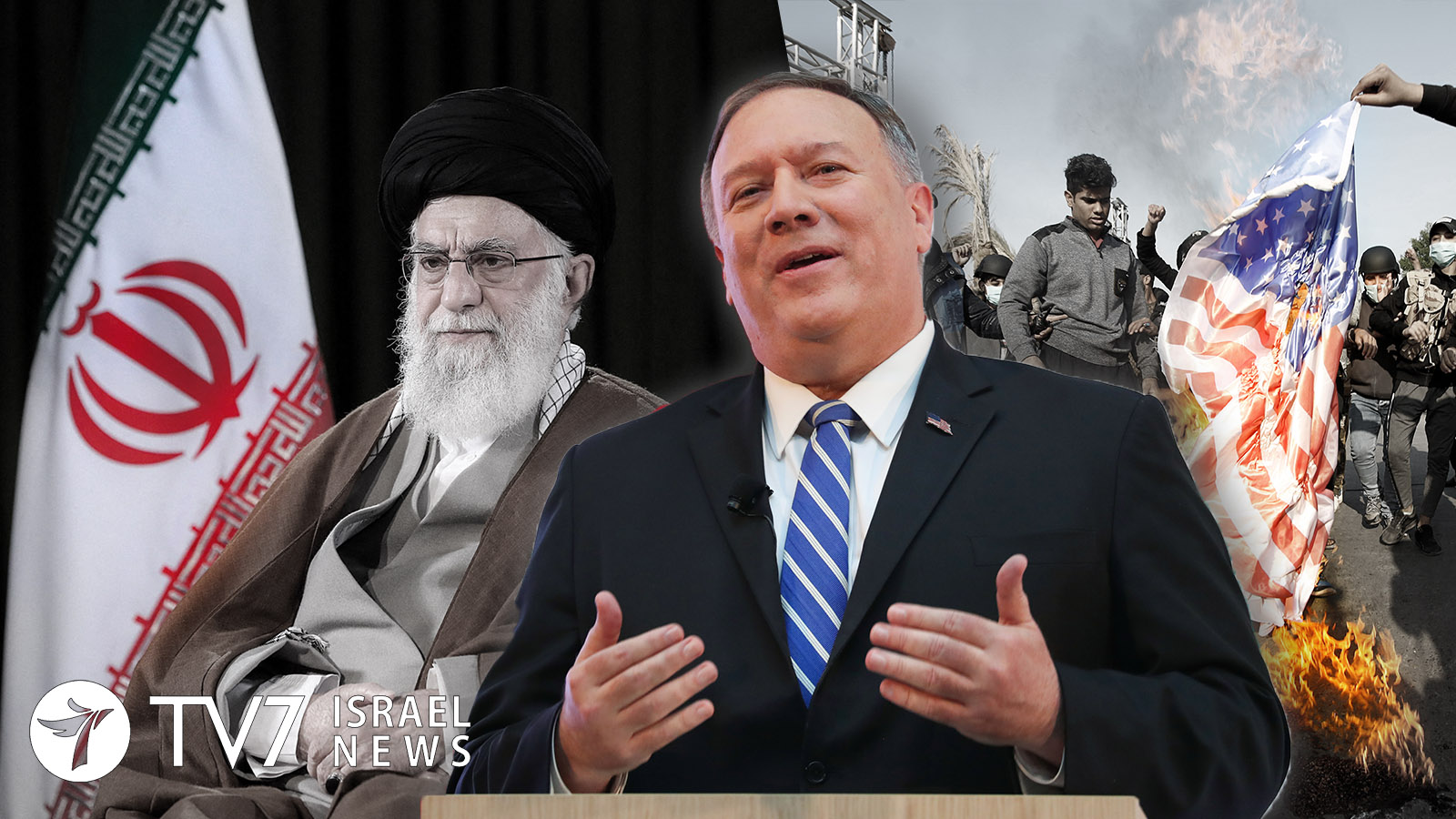U.S. Secretary of State Mike Pompeo reiterated the Trump Administration’s resolve to thwart Iranian access to weapons ahead of the expiration of the United Nations-imposed arms embargo (as part of UN Security Council Resolution 2231) on 19 October.
The American top diplomat said he discussed Washington’s “principled refusal to allow the Islamic Republic of Iran to have access to weapons” with visiting-British Foreign Secretary Dominic Raab. He then declared that Iran remains “the world’s largest state sponsor of terrorism, and we don’t believe that them being able to trade in weapons of war with impunity is remotely acceptable,” before revealing that the US “will return to the United Nations to reimpose sanctions so that the arms embargo will become permanent next week,” while underscoring, “we believe deeply that this is good for the peoples of all nations.”
Amid objection voiced by Russia, China, France, Britain, Germany and others, the U.S. is expected to wield its veto power at the UNSC to ensure that not only will all UN sanctions frozen by the 2015 nuclear deal be re-imposed but that a global arms embargo against Iran would become permanent.
“The U.N. will take the sanctions that it always does. These will be valid U.N. Security Council resolutions and the United States will do what it always does, it will do share as part of the, its responsibilities to enable peace, this time in the Middle East. We’ll do all the things we need to do to ensure that those sanctions are enforced,” said Secretary Pompeo.
After stating that “there were those who said that American sanctions would not be successful” in the wake of the U.S. withdrawal from the Joint Comprehensive Plan of Action (JCPOA) deal with Tehran, Pompeo claimed “I think anyone who has stared at the state of the Islamic Republic of Iran’s financial situation today, the fact that they can no longer have the resources to underwrite Hezbollah and the Shia militias and all of the places that they have spent money for nefarious activities over all of these years, those resources are greatly reduced. Their capacity to inflict harm around the world is greatly reduced. I think we’ve been very successful in spite of what the world said would happen if we made the decision the president made rightly back in May of 2018.”
In light of a number of requests of TV7 to provide the statement by the Spokesman for the Ayatollah regime, in which he reacted to U.S. President Donald Trump’s threat to respond a thousand times fold to any Iranian attack; the following statement was given a day prior, when the Islamic Republic insisted that IRGC Quds Force commander Maj. Gen. Qassem Soleimani served as a symbol of peace that was wrongly assassinated by the United States.
“Our general was a symbol of peace and he was fighting against terrorism. The U.S. assassinated this symbol of peace in the region. This scandal cannot just disappear. The Iranian nation will never forget this action. We hope that they (U.S.) do not make any strategic mistakes and in the case they make any strategic mistake, Iran will have an appropriate answer for them,” said Iranian Regime Spokesman Ali Rabiei.
While Gen. Soleimani was evidently “responsible for the deaths of hundreds of American and coalition service members and the wounding of thousands more” the Ayatollah Regime remains adamant on accusing the United States of acting based on “corrupt reports” – instead, laying the blame on so-called “style” of leadership of President Donald Trump.
“Unfortunately, our experience in the region shows that statements made by the United States are based on corrupt reports and that’s how they started wars in Afghanistan and in Iraq, on this basis. In the Iraq war, we observed that how they announced it was based on a corrupt basis and they (the U.S.) achieved nothing,” insisted Rabiei, adding that, “Unfortunately, the U.S. style and the style of the current president of the U.S. (Donald Trump) has had no achievements and only disturbs peace in the region and in the world.”
